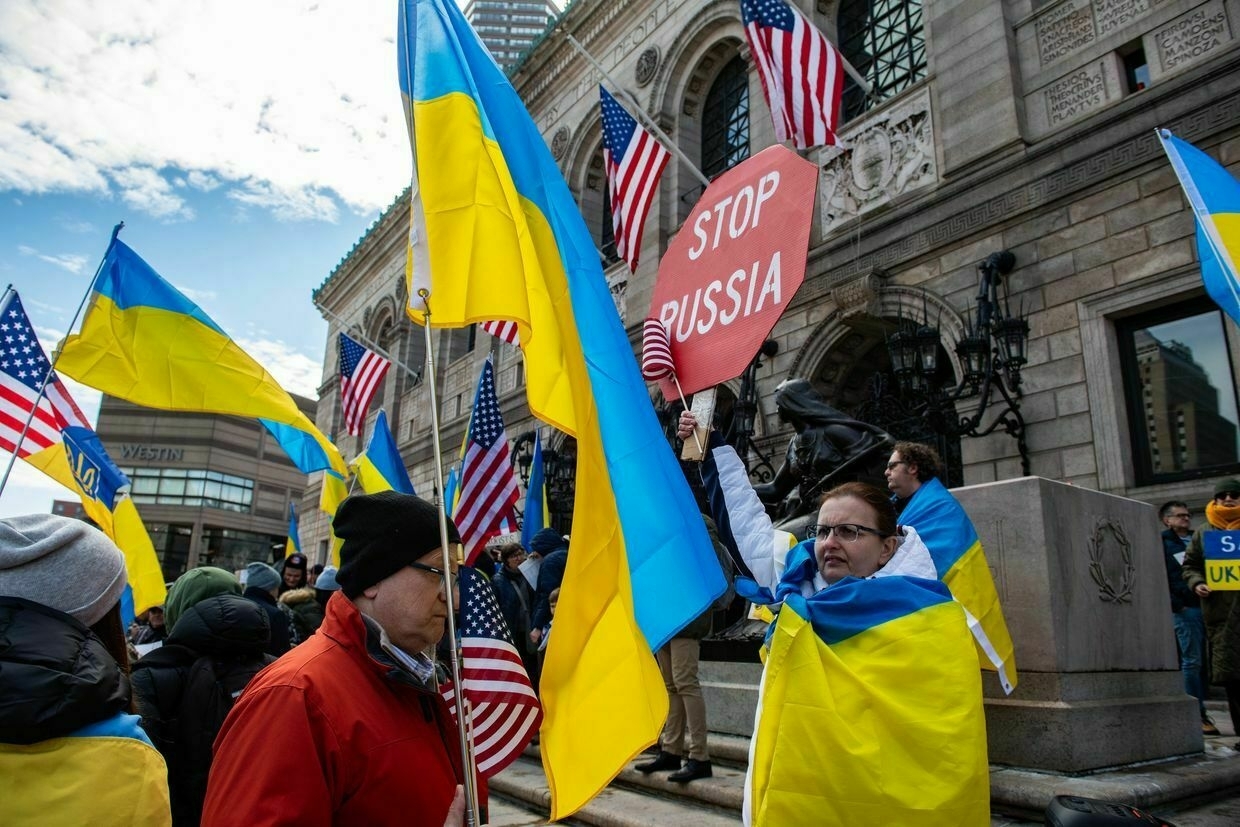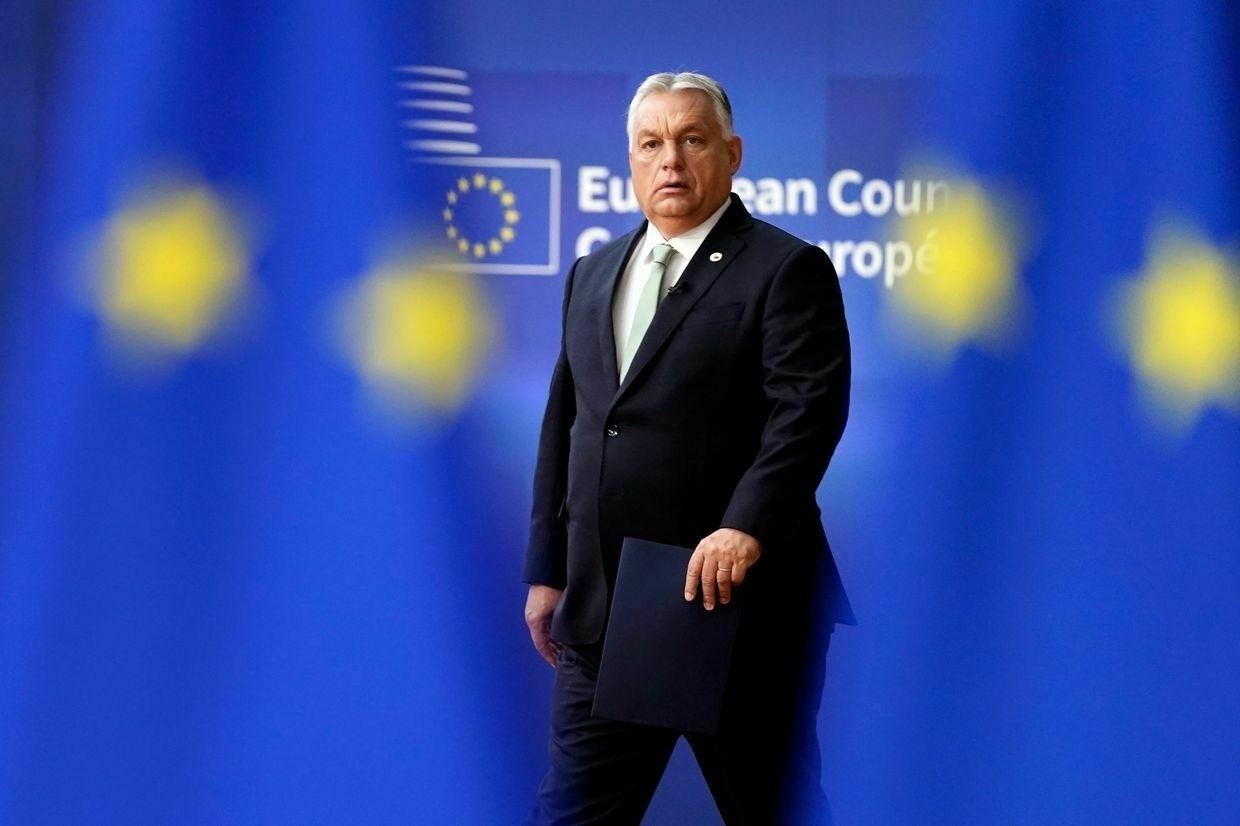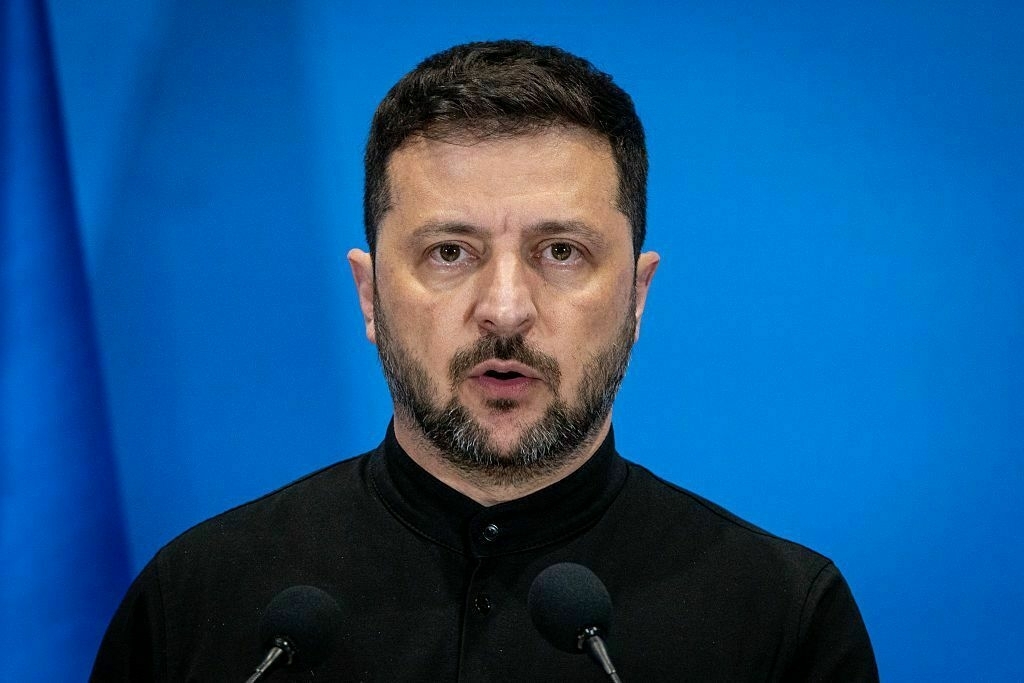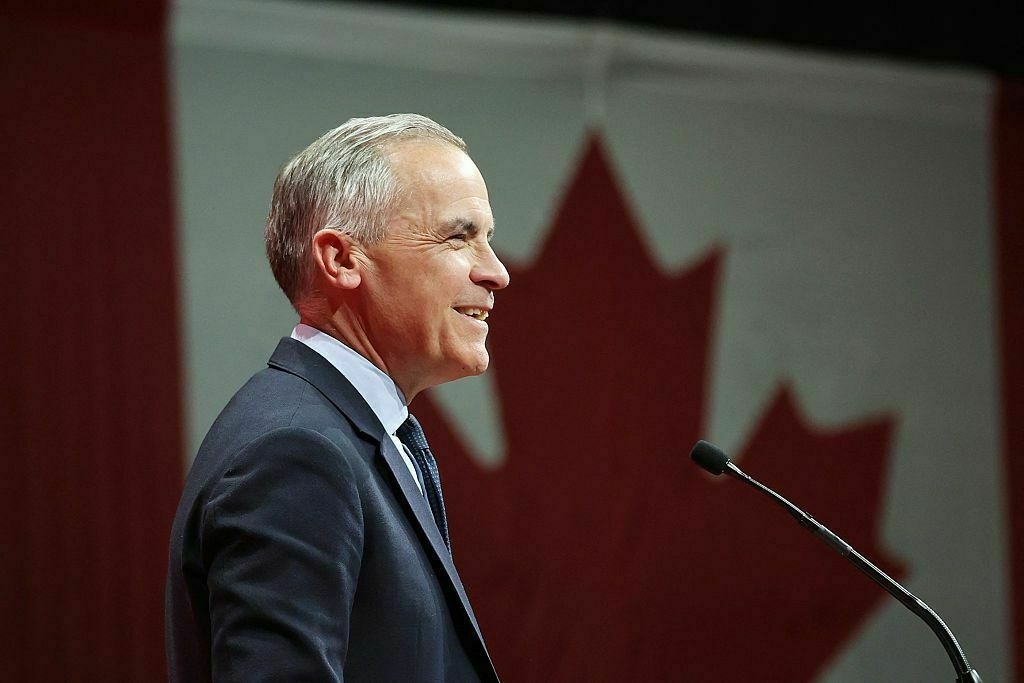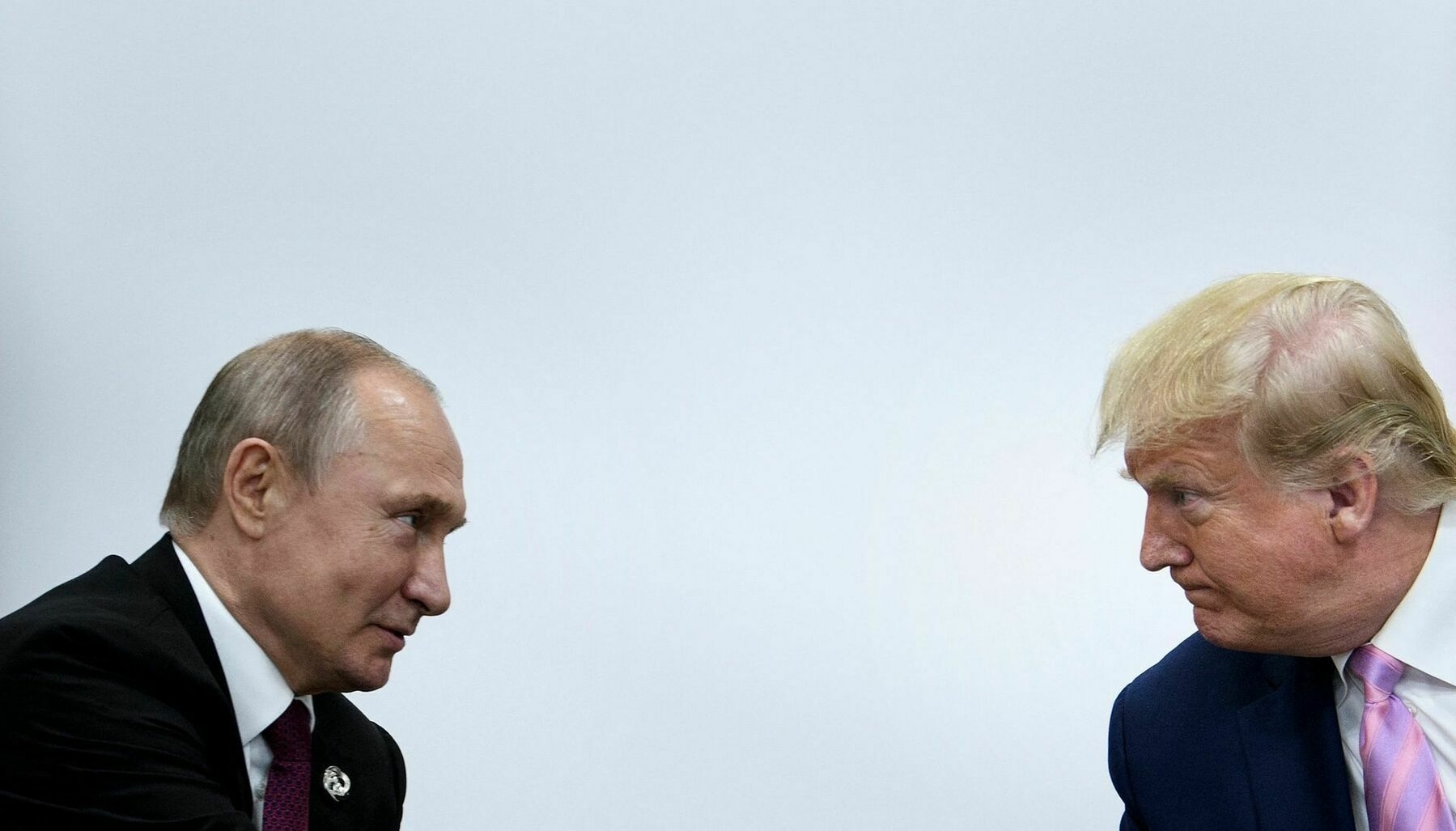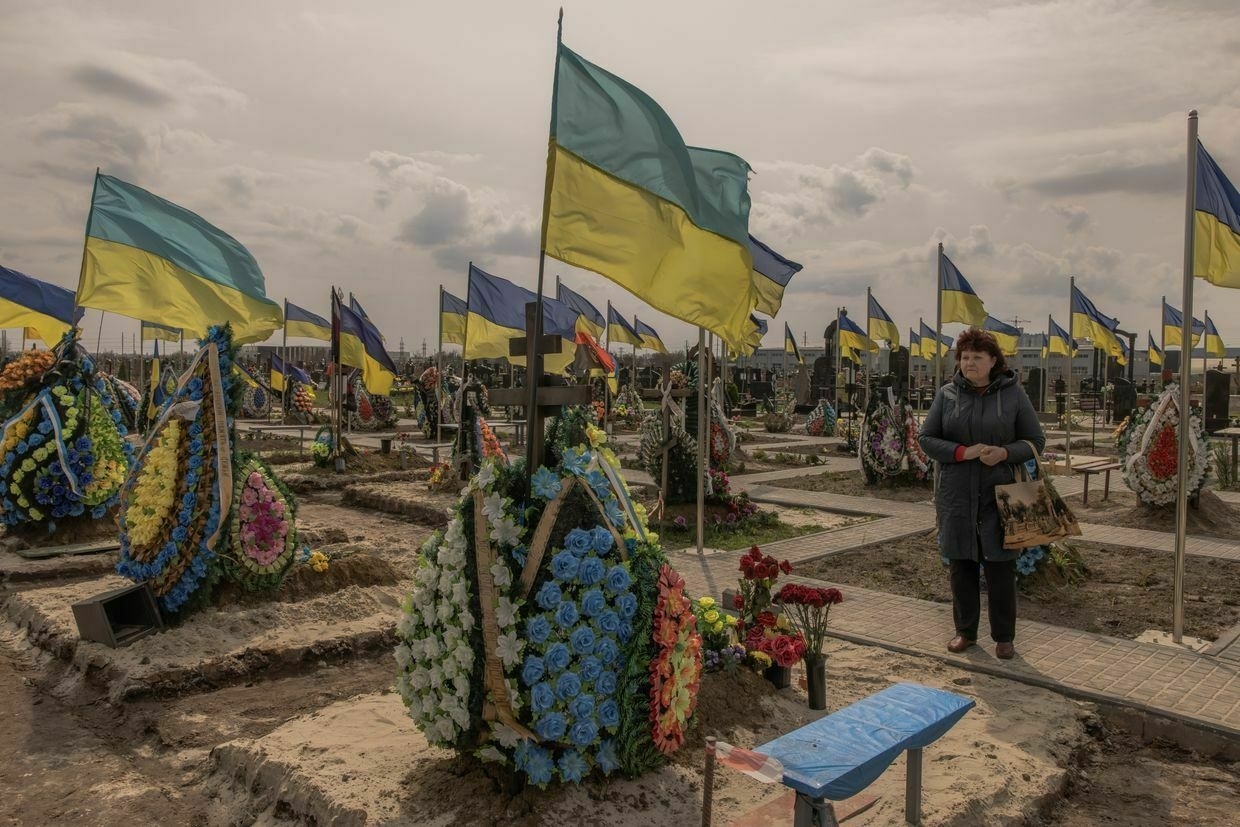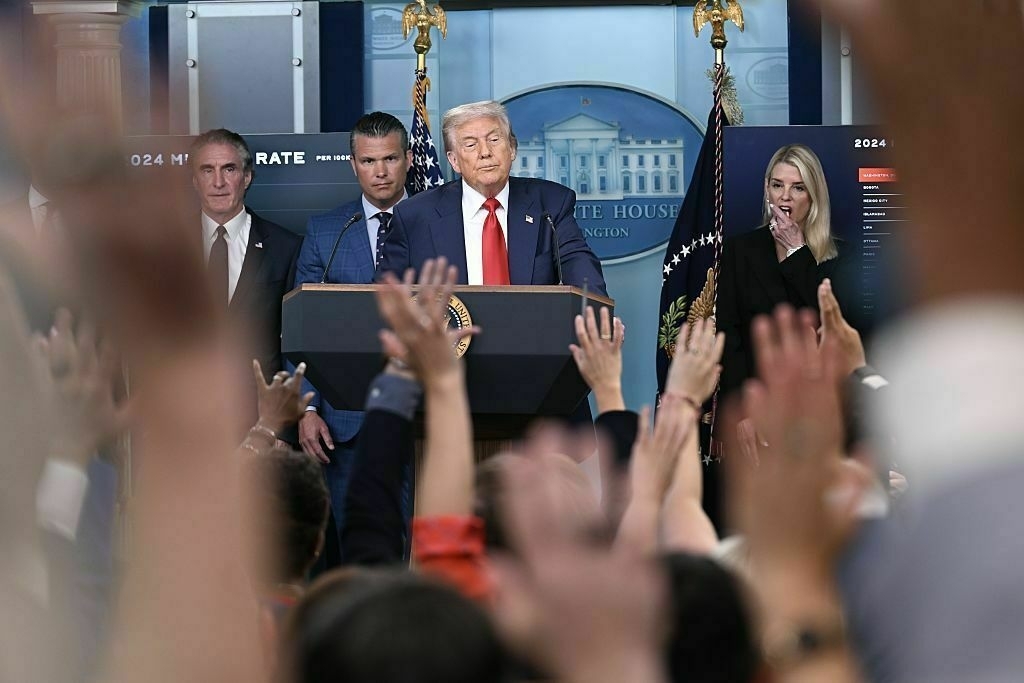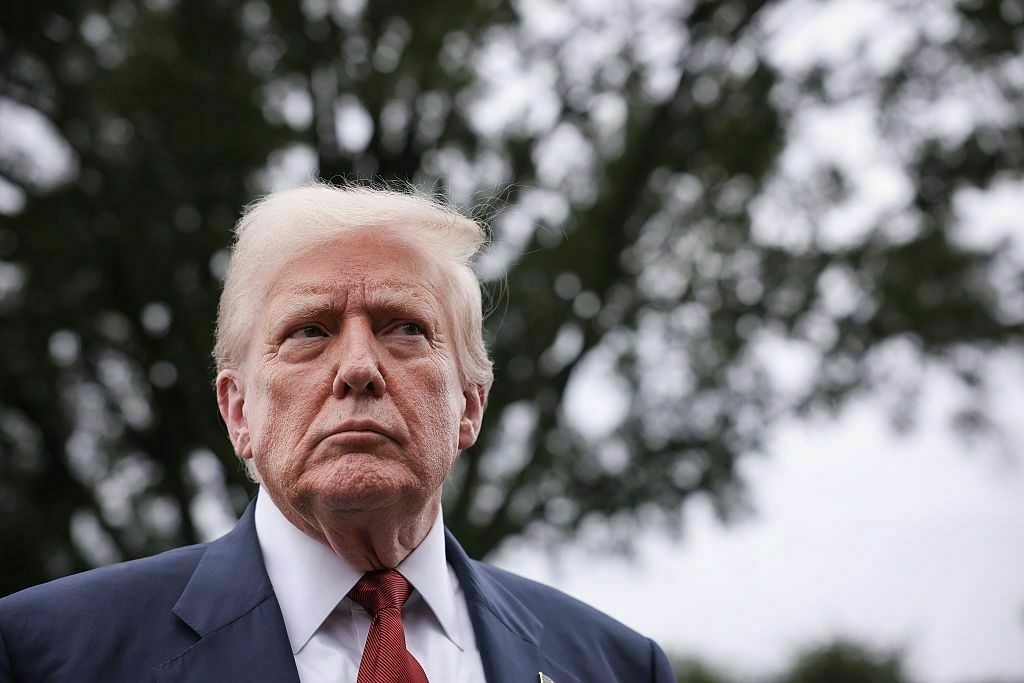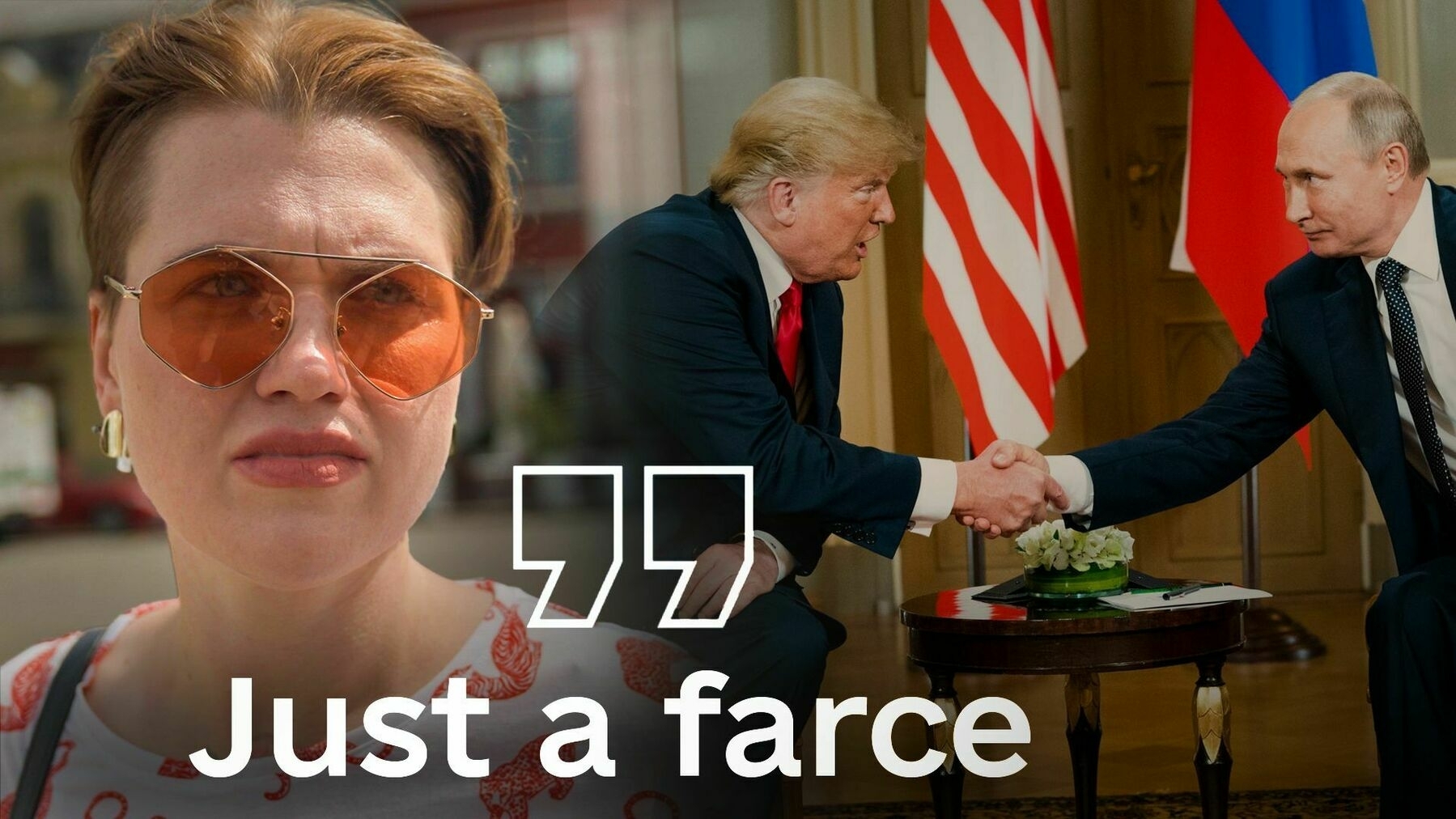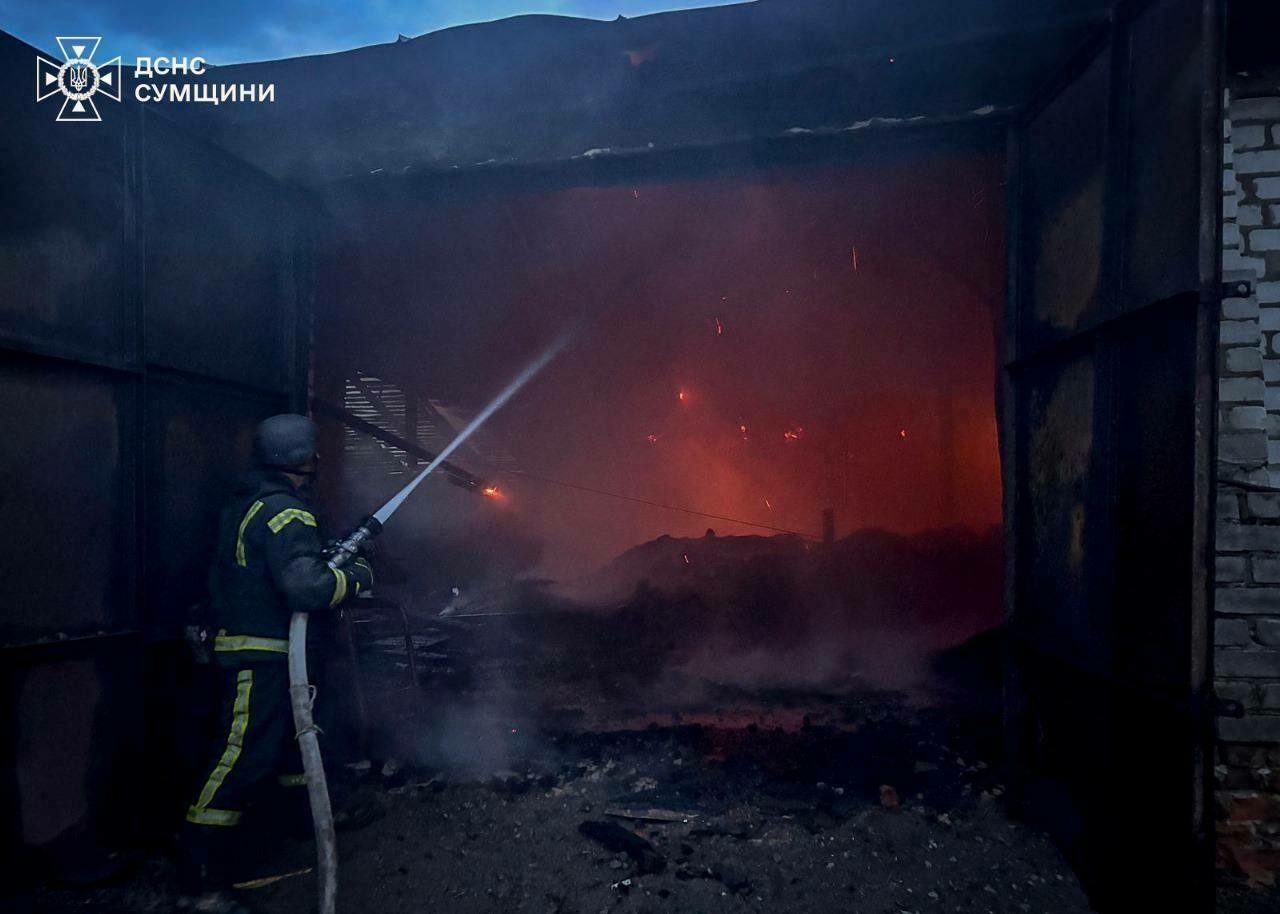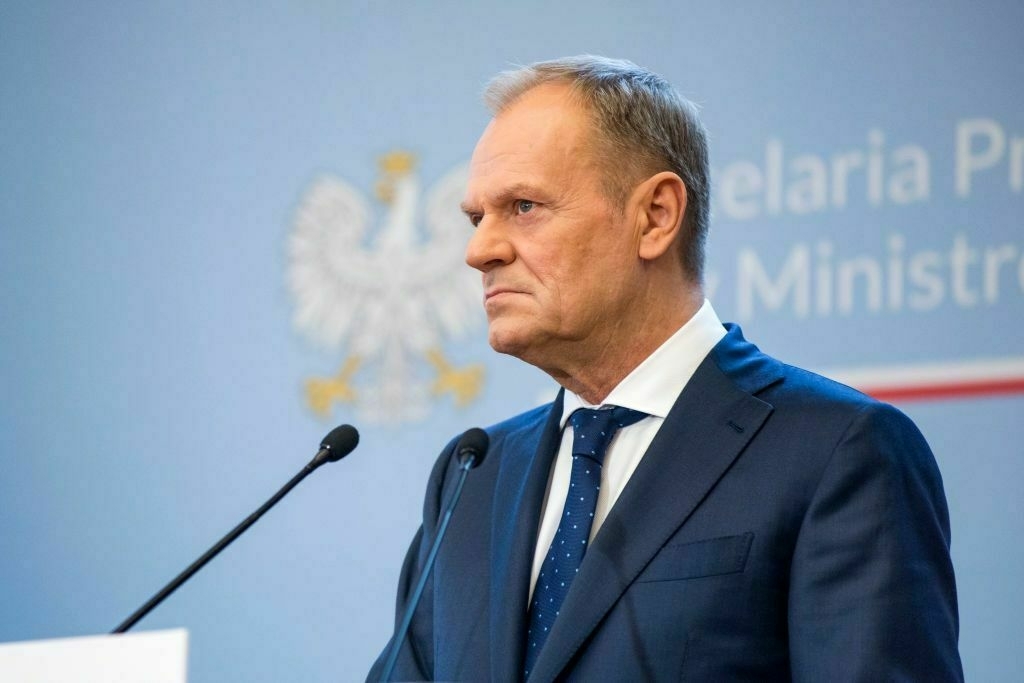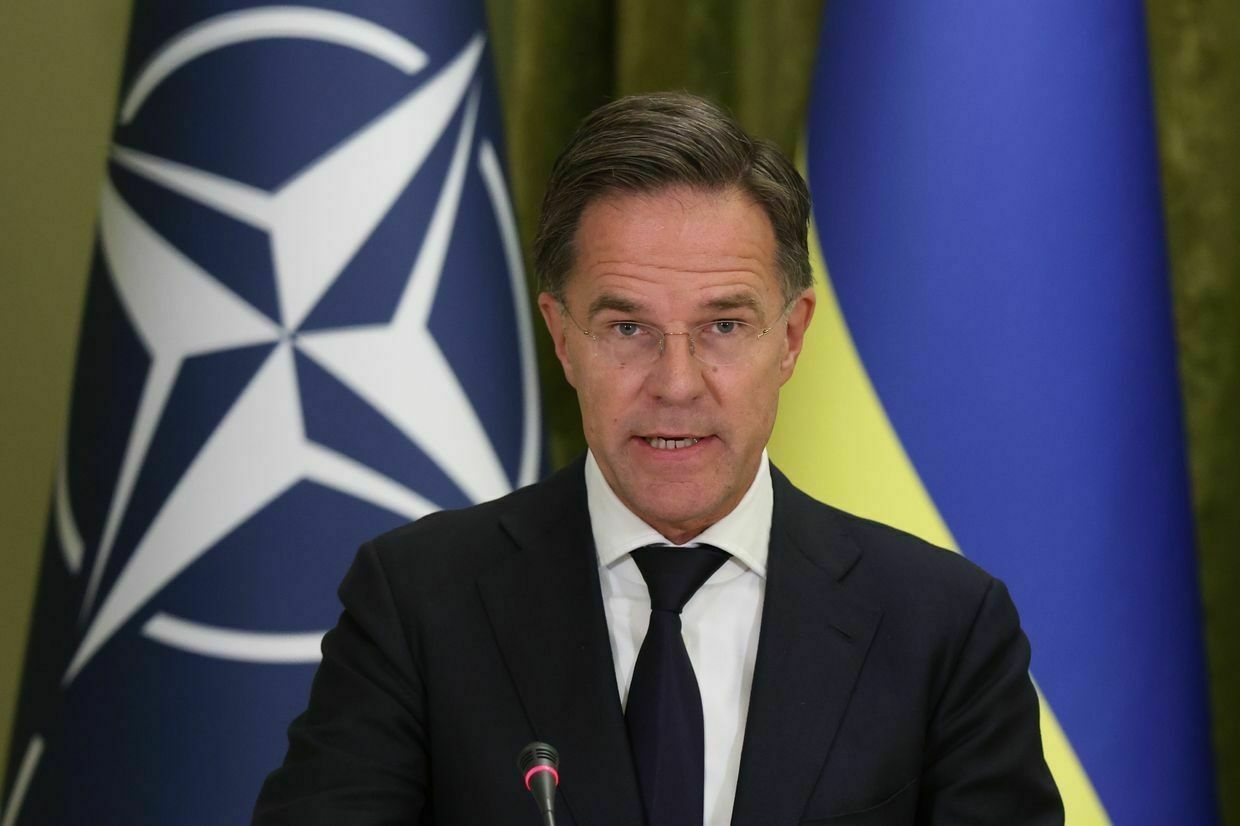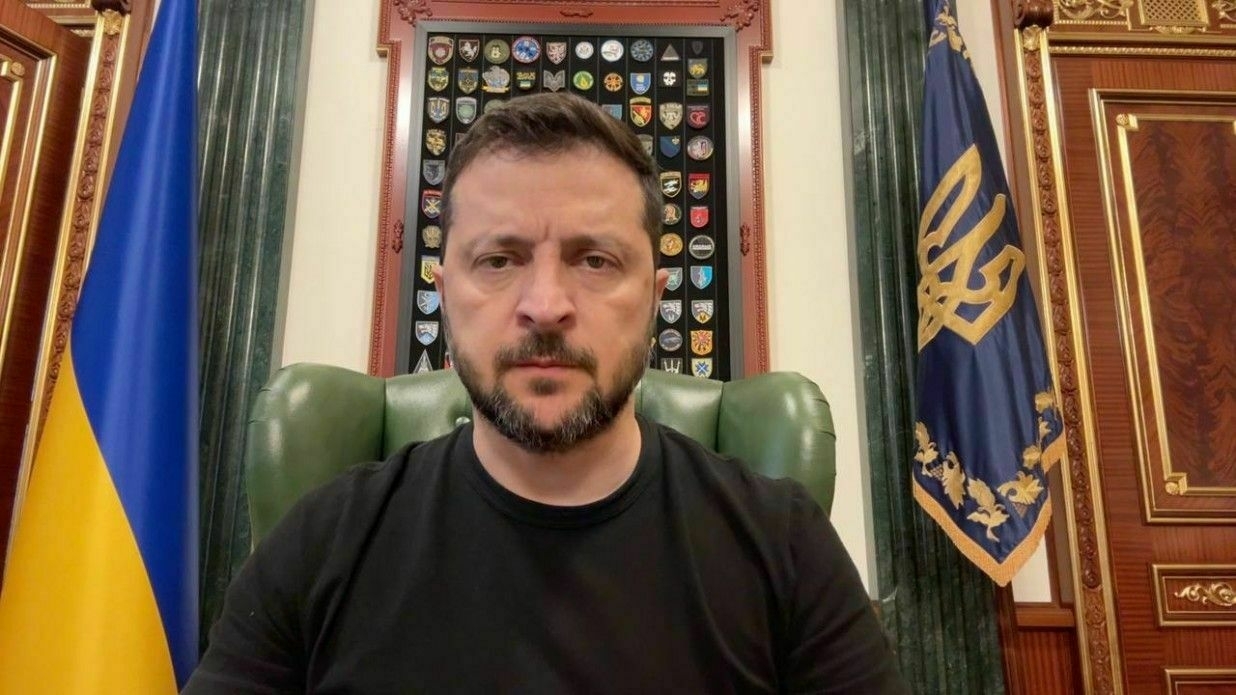-
'Alaska opposes tyranny!' — Pro-Ukraine rally planned ahead of Trump-Putin summit in US
-
As Trump, Putin weigh Ukraine’s east in talks, new book gives voice to war-battered region
When Russia launched its invasion into Ukraine’s eastern Donetsk and Luhansk oblasts in 2014, the battle was not only over territory but also historical memory.
In the city of Kostiantynivka, the struggle played out not just with weapons, but with spray paint — where a single letter in
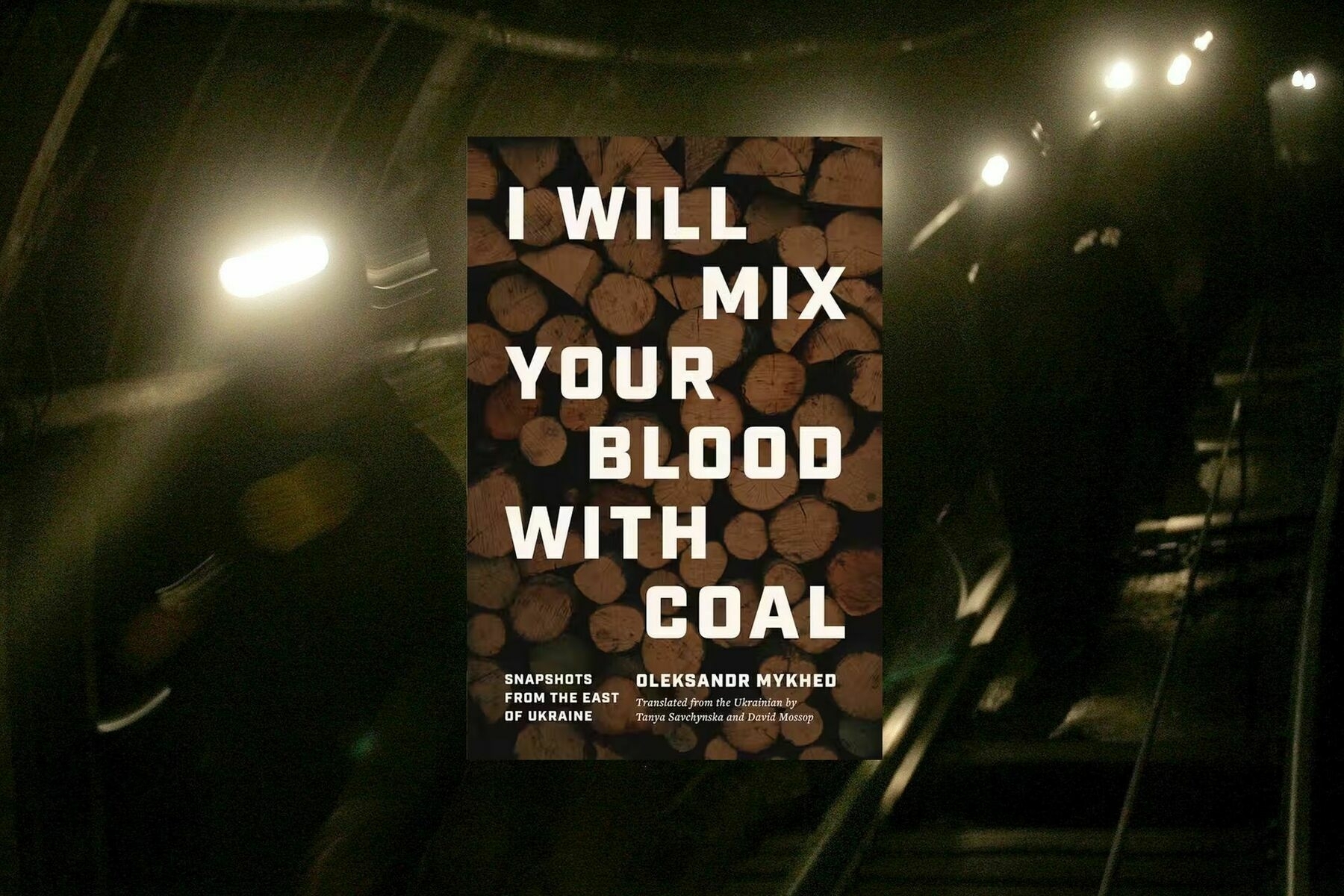
-
Orban refuses joint EU statement backing Ukraine ahead of Trump-Putin meeting
-
'No sign' Russia preparing for end to war, Zelensky says ahead of Trump-Putin summit
-
Canada's Carney, Zelensky speak ahead of Trump-Putin peace talks in Alaska
-
TRUMP's peacekeeping aspirations: will Zelenskyy and Putin be at the negotiating table #shorts
-
Ukraine war latest: Russian forces breach Ukrainian defenses in Donetsk Oblast, monitoring group reports
Key developments on Aug. 11:
- Russian forces pierce Ukrainian defense near Dobropillia in Donetsk Oblast, monitoring group says
- Trump says Zelensky won't attend Alaska summit with Putin, but Ukraine-Russia talks should follow
- Ukrainian drones strike Russian missile component plant in Nizhny Novgorod Oblast, SBU source says
- 1,400
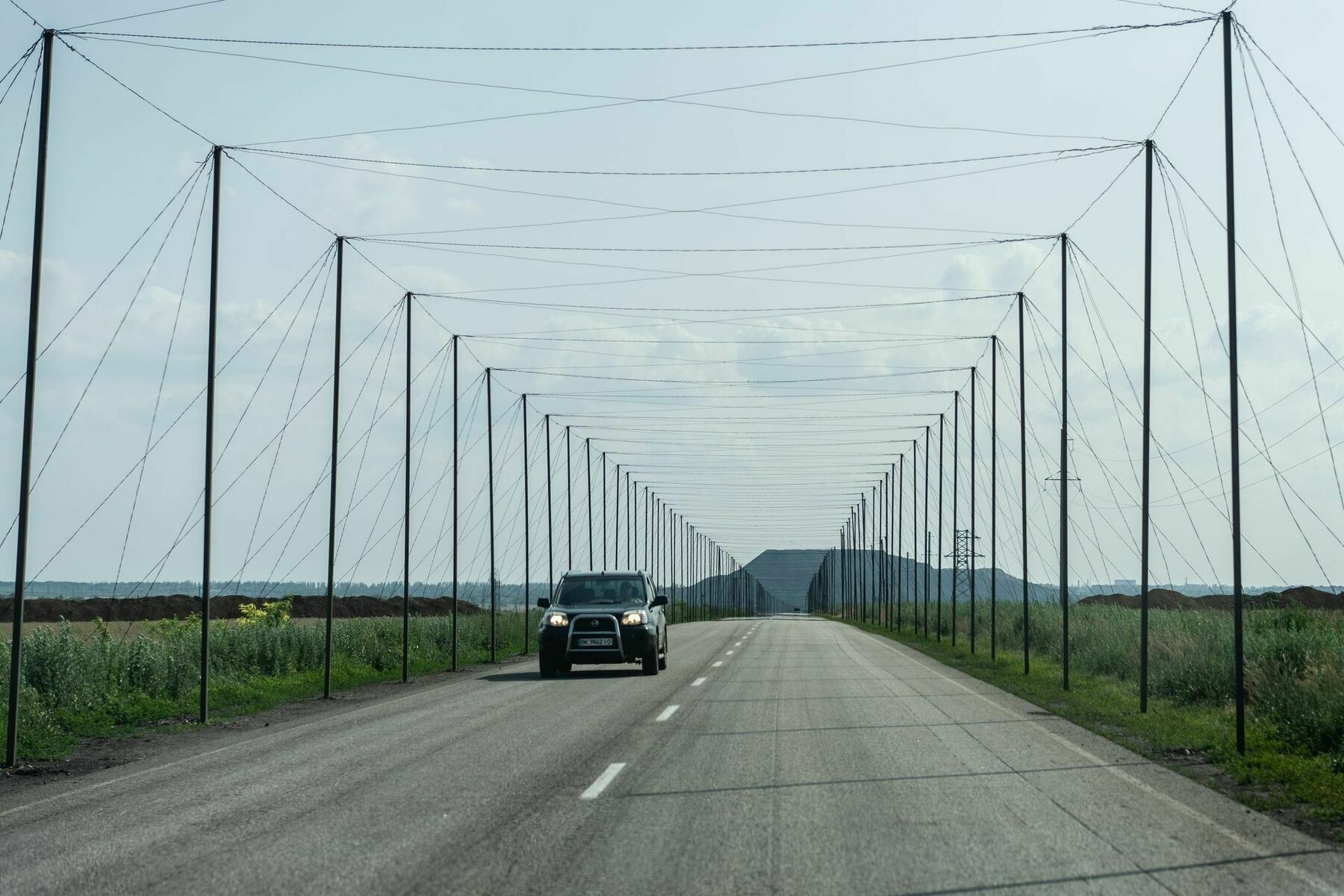
-
Breakthrough unlikely at Putin-Trump meeting as US, Russia, Ukraine differ on key issues
-
TRUMP on talks with Putin: I'm not going to make a deal! #shorts
-
‘What were so many deaths for?’ Ukrainians react to Trump-Putin peace plan ahead of Alaska summit
-
Trump says Zelensky won't attend Alaska summit with Putin, but Ukraine-Russia talks should follow
-
Trump to hold talks with Zelensky, EU leaders 2 days before meeting with Putin
-
Ukrainians react to Trump's plan for talks with Putin
-
1,400 Russian drones battered Ukraine last week, Zelensky says ahead of Trump-Putin summit
-
US pledged to consult Europe ahead of Trump-Putin summit, Polish prime minister says
-
Trump meeting is test for Putin, Ukraine to join future peace efforts, Rutte says
-
European leaders seek talks with Trump before Putin meeting, Bloomberg reports
As part of ongoing U.S.-Russia discussions, Putin told special envoy Steve Wikoff during an Aug. 6 meeting that Russia would agree to a full ceasefire if Kyiv withdrew its forces from Donetsk and Luhansk oblasts, granting Moscow full control of those partly occupied regions as well as Crimea.
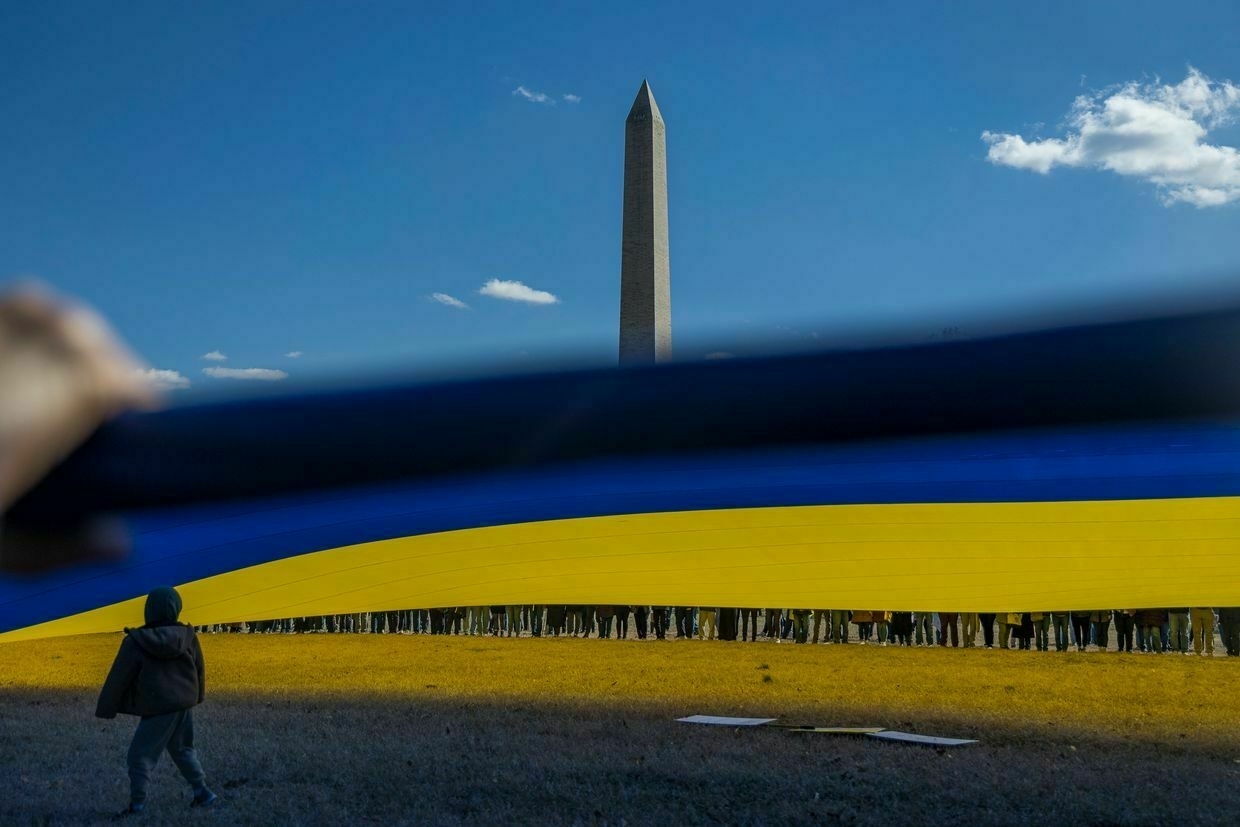
-
Ukraine will not let Russia 'deceive America,' Zelensky says ahead of upcoming Trump-Putin summit
-
'It's not gonna make anybody super happy' — JD Vance praises Trump as peacemaker while admitting Russia-Ukraine deal may fail
-
Slovakia's Fico claims Ukraine will 'have to pay dearly' ahead of Putin-Trump meeting
